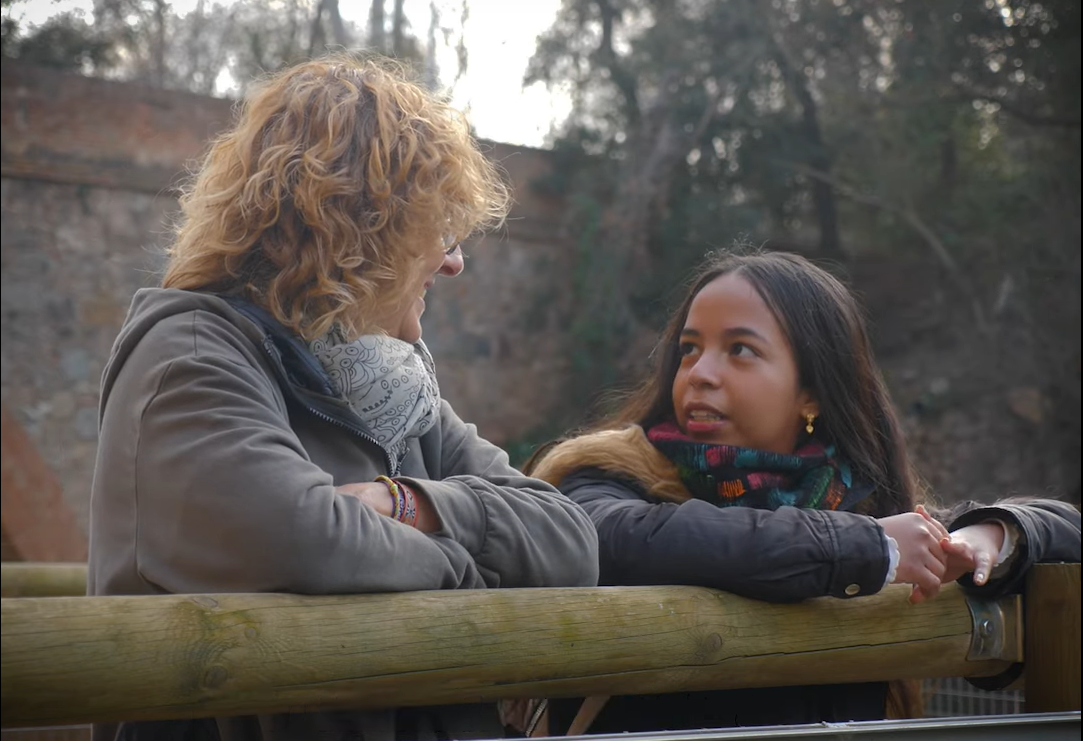Objectives
![]()

Testing our supra-national platform drawing together a network of new and existing national schemes;
Maximising opportunities for beneficiaries and hosts in terms of matching reception and integration.
This WP aims to ensure that COMET meets its general and specific objectives, in compliance with the budget and the scheduled timetable. Monitoring and evaluation measures will set out procedures to ensure the highest standards of quality in project implementation. Continuous improvement of management procedures and of activities will be guaranteed thanks to structured monitoring and assessment of the project process throughout the project lifecycle as well as informal exchanging considering matters such as “things you never dared to ask”. Specific performance and quality indicators will be detailed for each task and WP.
WP2 aims to “tune the orchestra” through:
- systematic information-sharing by and to each partner organisation regarding
- respective complementary pathways;
- legal and political context both in countries of departure (Libya, Niger, other potential countries along the Central Mediterranean Route) and host countries involved in the project;
- current agreements in place with national and local authorities;
- practices developed in pre-departure and post-arrival phase;
- co-designing methodology, common standards, shared operating procedures and tools to be used in implementing COMET;
- developing a structured matching process which maximises beneficiaries’ connections (family or otherwise).
Activities within this WP will lead to:
- a well-informed and well-aligned partnership;
- the development of a model which creates the conditions for effective integration of beneficiaries in complementary pathways with protection and integration opportunities as its twin drivers;
- the development of a structured matching process maximising beneficiaries’ connections (family or
otherwise).
WP3 provides for the implementation of 6 different complementary pathways to the 5 MS involved (namely, Italy, France, Germany, Spain, the Netherlands) with regard to pre-departure and post arrival activities.
Specifically, WP 3 aims to:
- Create additional places for legal admission and effective integration for persons in need of international protection from the Central Mediterranean Route;
- Implement a structured assessment and matching process maximising beneficiaries’ connections (family or otherwise);
- Appropriately set beneficiaries’ expectations and understanding of the programme through pre-departure orientation;
- Foster a supportive environment through capacity-building sessions for host communities;
- Facilitate beneficiaries’ smooth transition into their host countries through post-arrival orientation.
WP3 will lead to:
- The creation of 130 additional places in 5 MS (Italy, France, Germany, Spain, the Netherlands) for legal admission and effective integration for persons in need of international protection from the Central Mediterranean Route;
- Beneficiaries being matched to locations with which they have a genuine connection and/or to schemes which maximise their potential;
- In-depth understanding among beneficiaries of their migration project before departure;
- Development of supportive environments among host communities;
The three key objectives of this Work Package are:
- To offer a swift feedback loop to project partners as to what is working well, and what could be further improved, as they set up and implement their joint action;
- To develop, and make available, tools to monitor and evaluate sponsorship pathways in Europe and, ultimately, improve the design, implementation and evaluation of current and future sponsorship programmes;
3. To strengthen the evidence base on complementary pathways, as well as transnational action on this front, via bespoke research.
To build and strengthen relationships between partners, including institutions; to share and analyse practice and experiences; to build a knowledge bank from which can develop best practice in the planning and delivery of complementary pathways.
IN THE SHORT TERM
- coordinate new and existing legal migration channels for people in need of international protection;
- exchange best practice from diverse models, experiences and contexts;
- develop a structured matching process considering not only protection needs but also geographical, familial and other links, skills and integration potential;
- develop common tools and quality standards in respect of pre-departure orientation, reception and postarrival support;
IN THE MEDIUM TERM
- build capacity for host communities;
- deliver 130 additional European admission places for beneficiaries transiting through the Central Mediterranean Route by expansion of existing pathways and creation of new ones;
IN THE LONGER TERM
- monitor, evaluate, learn and share through dialogue, materials and structured exchange;
- provide a basis for continued advocacy to expand legal migration.

